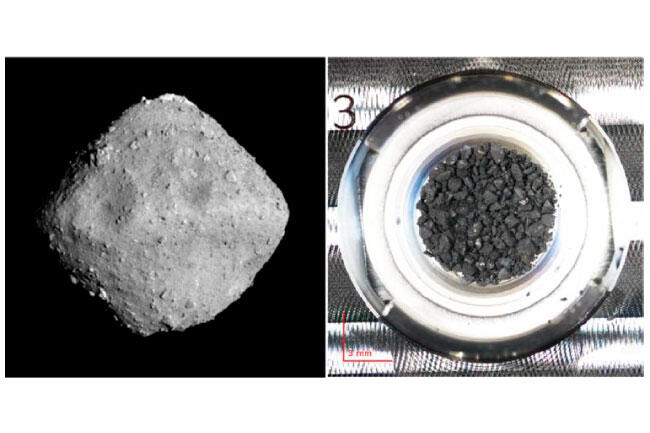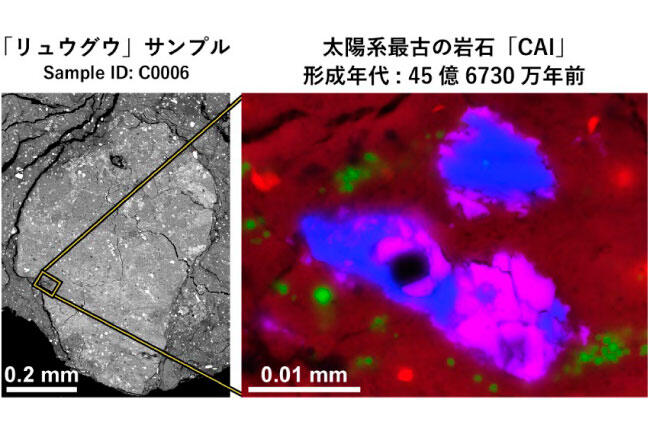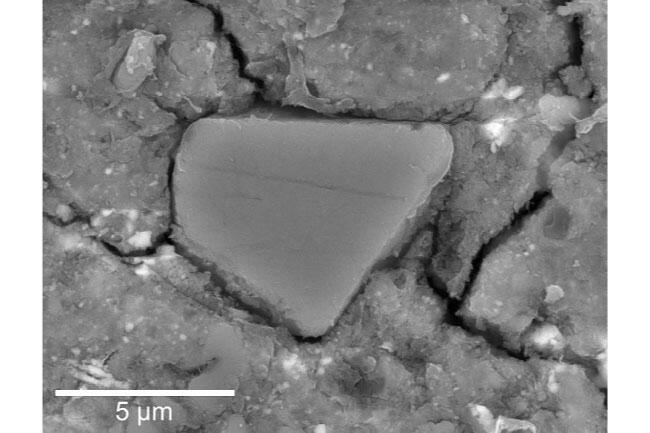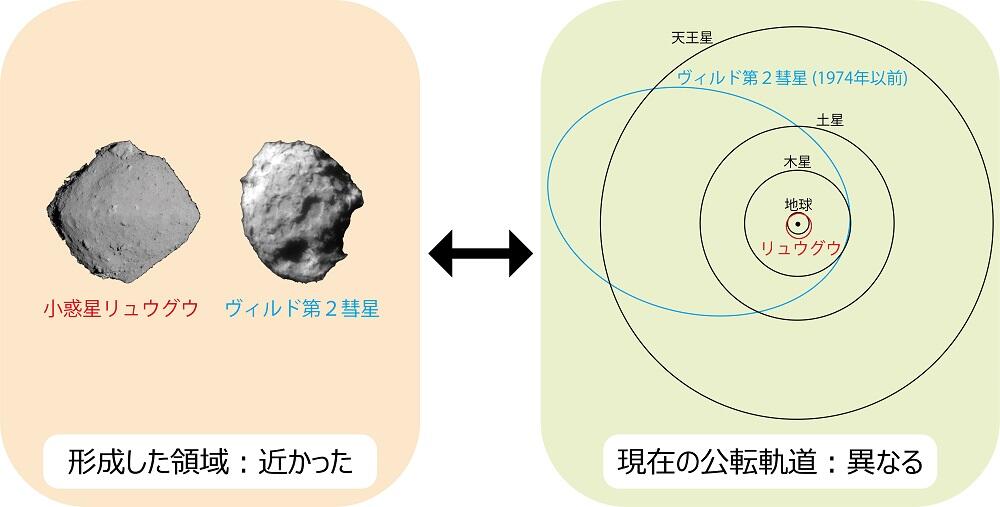KAWASAKI Noriyuki
Associate Professor
Origin and evolution of the Solar System
Department of Earth and Planetary Sciences, Earth and Planetary System Science
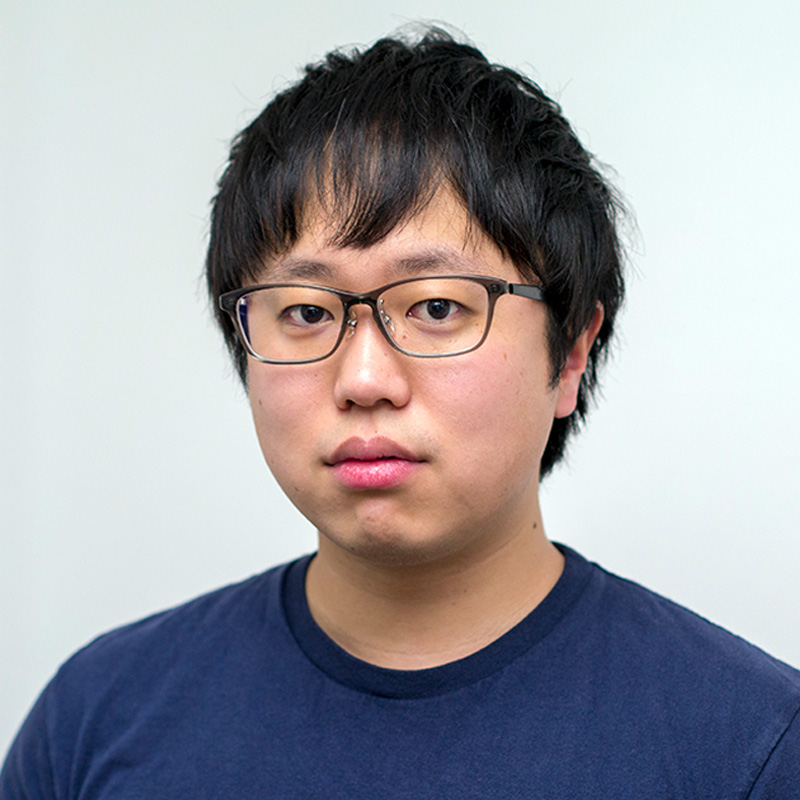
| Theme | I study environments and processes of the early Solar System by in situ analyses of meteorites. |
| Field | Cosmochemistry, Geochemistry, Planetary Sciences, Chronology |
| Keyword | Meteorite, Solar System, Isotope, Chronology, Secondary Ion Mass Spectrometry, Electron Microscopy |
Introduction of Research
Meteorites are known to be mainly originated from asteroids. Especially, chondrite meteorites derived from undifferentiated bodies directly preserve solar protoplanetary dusts and record early events of our Solar System. I investigate in-situ measurements of isotopic compositions of chondritic components to reconstruct conditions and processes in the early Solar System.
Representative Achievements
(2022) “Oxygen isotopes of anhydrous primary minerals show kinship between asteroid Ryugu and comet 81P/Wild2” Science Advances, 8 (50), eade2067.
(2020) “Variations in initial 26Al/27Al ratios among fine-grained Ca-Al-rich inclusions from reduced CV chondrites” Geochimica et Cosmochimica Acta, 279, 1–15.
(2020) “Evidence of metasomatism in the interior of Vesta” Nature Communications, 11 (1), 1–7.
(2019) “Variations in initial 26Al/27Al ratios among fluffy Type A Ca-Al-rich inclusions from reduced CV chondrites” Earth and Planetary Science Letters, 511, 25–35.
(2018) “Crystal growth and disequilibrium distribution of oxygen isotopes in an igneous Ca-Al-rich inclusion from the Allende carbonaceous chondrite” Geochimica et Cosmochimica Acta, 221, 318–341.
| Academic degree | Ph.D. |
| Self Introduction | I am from Yamaguchi. |
| Academic background | 2006-2010: B.S. Faculty of Science, Hokkaido University 2010-2012: M.S. Department of Natural History Science, Graduate School of Science, Hokkaido University 2012-2015: PhD. Department of Natural History Science, Graduate School of Science, Hokkaido University 2015-2016: JSPS Postdoctoral Research Fellow (Hokkaido University) 2016-2018: Project Researcher, ISAS, JAXA 2018-: Present position |
| Affiliated academic society | Geochemical Society of Japan, Meteoritical Society, Japan Geoscience Union |



